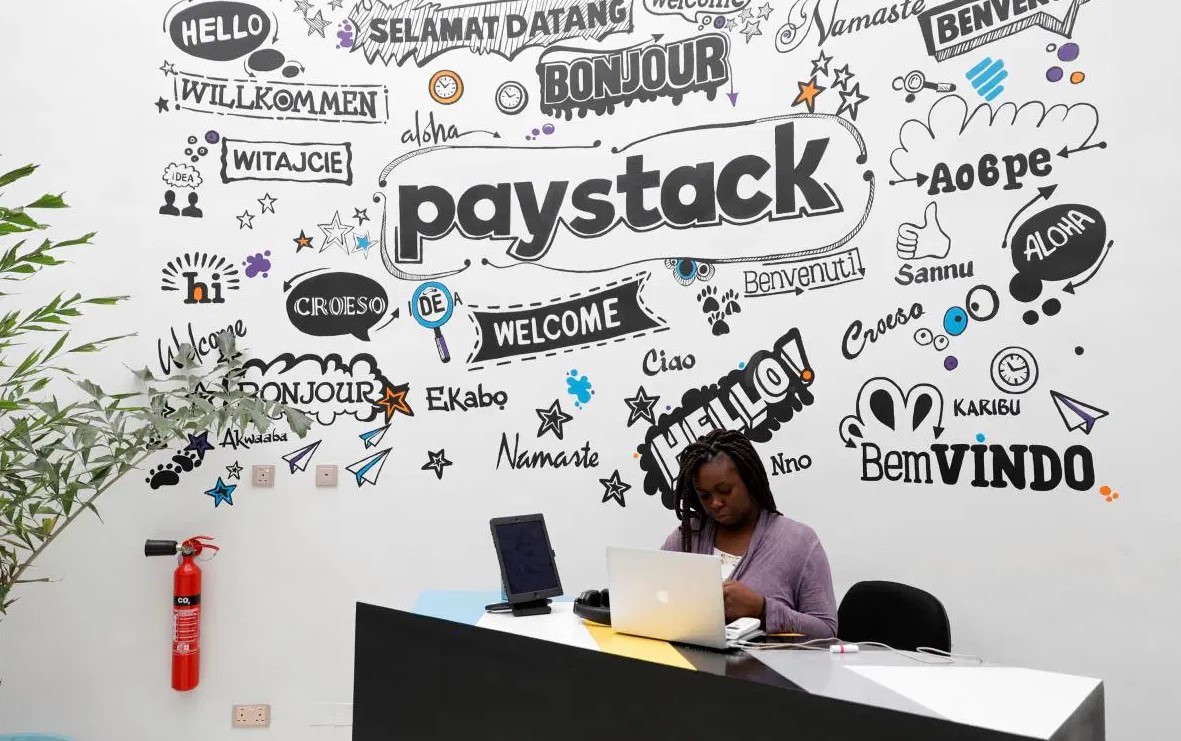The initial plan at Paystack, the Nigerian fintech company, was to run a 100% remote situation where staff will not be allowed into their physical offices this Friday. All staff were to work from home as a test scenario. The purpose was to provide guidance on how to operate should a shutdown become necessary, according to a company representative in an email to TechCabal on Tuesday.
That plan has been revised following the increase in Nigeria’s COVID-19 cases. On Wednesday, the company announced that instead of the Friday simulation, “all members of the Paystack team have been encouraged to work from home starting tomorrow (March 19).”
In addition, Paystack’s offices will be inaccessible to guests for two weeks beginning from March 20 to April 3rd, per a statement by Emmanuel Quartey, the company’s head of growth.
BuyCoins, a cryptocurrency exchange startup also operating from a Lagos office, has also activated full remote mode. “We’re mandating work from home at BuyCoins for the next few weeks and shall extend as need be,” CEO Timi Ajiboye said.
Ajiboye’s announcement was made on Tuesday before the new COVID-19 cases were confirmed on Wednesday by health authorities.
Mandating staff to work remotely, Ajiboye explained, was necessitated by an abundance of caution and out of an inclination to be “proactive in responsibility and begin to practice isolation and social distancing.”
It has turned out to be a prescient move, one that we may see more companies adopt.
After Nigeria’s first case was confirmed on February 28, 11 tech companies told TechCabal their immediate coronavirus response measures. MTN shut off physical meetings at its ‘Yellow Drome’ office in Lagos, canceling non-essential travel for all staff. “We now encourage the use of video calls and teleconference options,” the telco said.
With regard to remote work, MTN said they have always had a remote work policy for certain categories of staff and that nothing has changed “with or without COVID-19.”
In a similar tone, ecommerce outfit Konga said “staff predominantly have to be physically present at the offices and other areas of our operations” in a joint response with Zinox Technologies, its parent company. They however noted that some staff work from off-site locations as a consequence of a younger, more mobile workforce reflecting the changing dynamics of the tech industry.
With the ease with which it could be contracted, COVID-19 has spurred a global mass experiment in remote work. Multinational tech companies from Microsoft to Facebook have asked staff to work from home. The latter has pledged to support its staff with a $1000 bonus to defray work-from-home costs.
[Read: Here’s what it is like to work from home in Nigeria]
BuyCoins appears to be following Facebook’s steps; Ajiboye will give his staff “a stipend (outside of normal pay) to stock up on food, toiletries” as well as reimbursing internet subscription costs.
For many Nigerian companies, however, going fully remote could be hindered by reasonable challenges.
Carbon, the digital lending company, told customers that it is “targeting 100% working from home for all Carbon staff to minimise the likelihood of infection.” But it will not be able to take call enquiries as call centre & phone lines may be unavailable for the next few weeks. Customers are asked to reach out via email and social media only.
Tek Experts, an IT solutions firm and Microsoft Office partner in Nigeria, told us their staff cannot work remotely due to the “nature of our job and the peculiarity of the work tools we use.”
But the impediments are not for companies alone. For tech workers, there are ‘Nigerian’ factors capable of affecting productivity.
There are real concerns around the reliability of personal/home internet compared to the larger setups that would be available in an office.
Even more of a concern is power availability; Nigeria’s national electricity grid collapsed 12 times in 2019, with one occurrence recorded in January this year.
Crucially, it is important to note that remote work may not be a possibility outside of Lagos and Abuja, the two most urban cities where internet facilities are likely most stable. Also, companies whose activities are not centered around online collaboration may find a pivot to remote work impractical. Manufacturers of essential commodities will, by definition, have to remain open with staff on-site.
[Read: Remote work is still a mirage for most Nigerian developers]
But in the face of a pandemic with fatal consequences, urgent choices have to be made sooner than later.
After an initial period of confidence in the Nigeria Centre for Disease Control (NCDC), details surrounding the emergence of new cases may produce cracks in public confidence. Social distancing has become more necessary, ushering a growing demand for work areas and public spaces to be less populated.
Whether by first trialing a two-week pilot or scaling down for an indefinite period, it is crunch time for all companies. To go remote or not, that is the question.




















